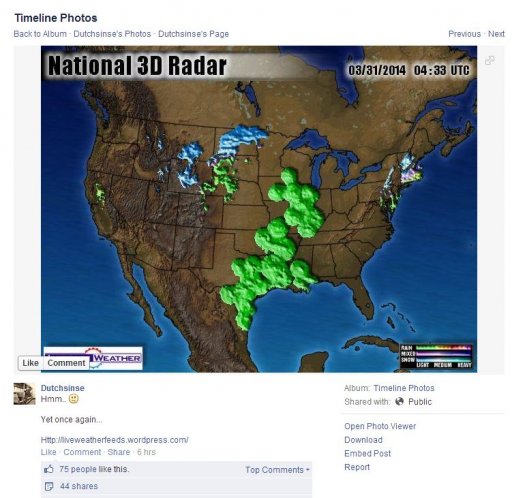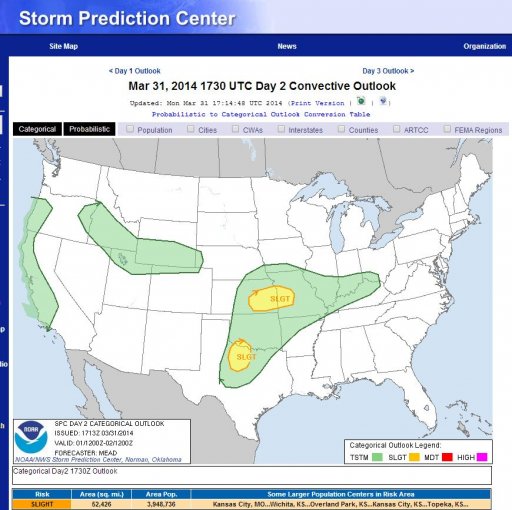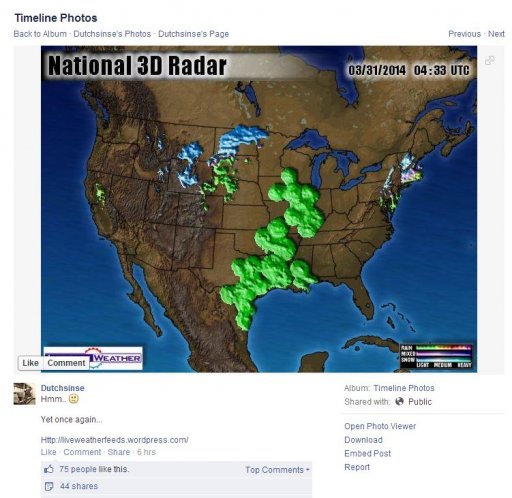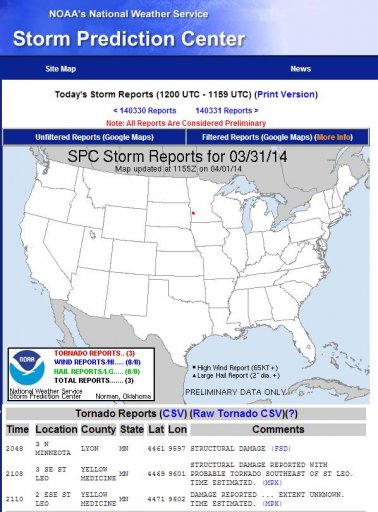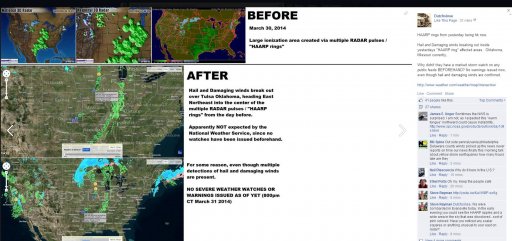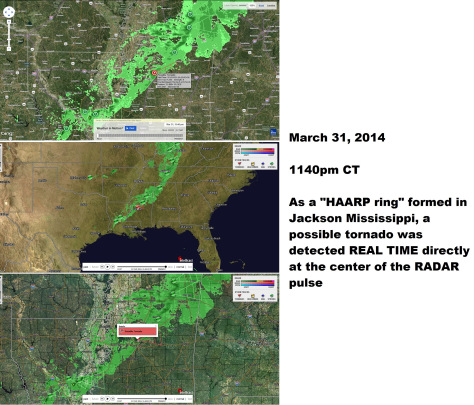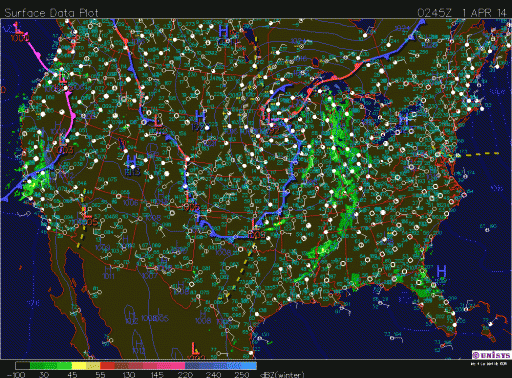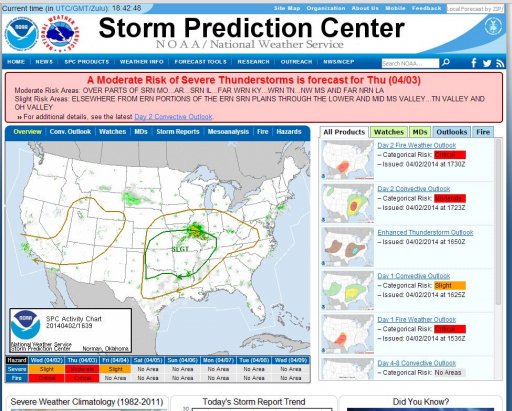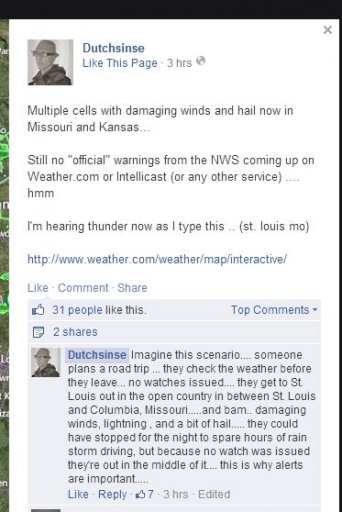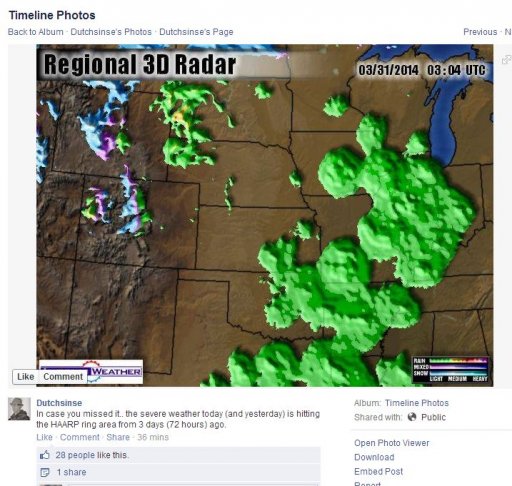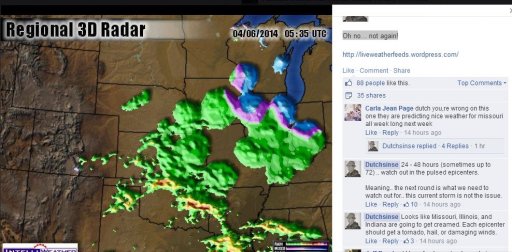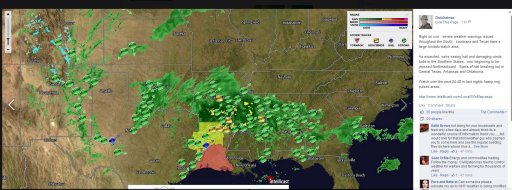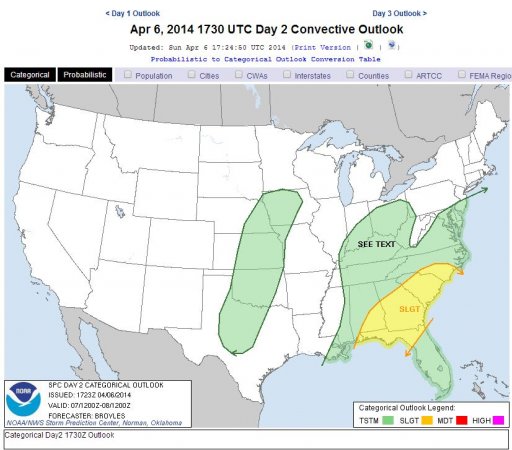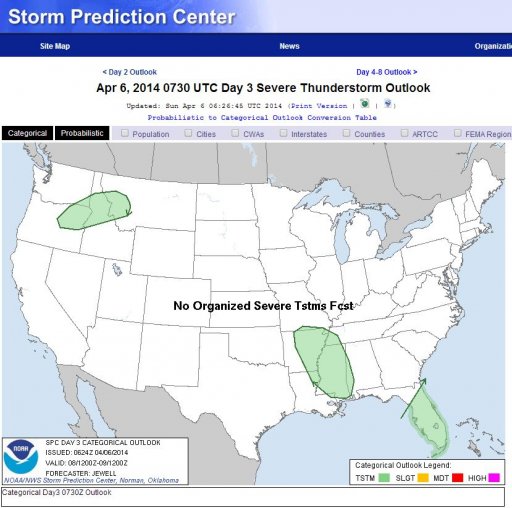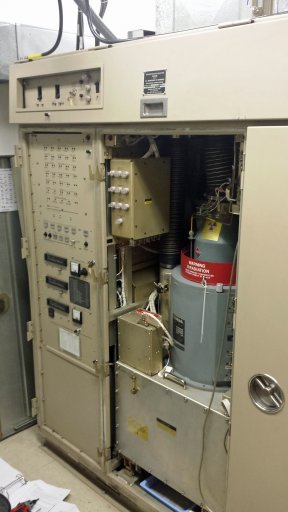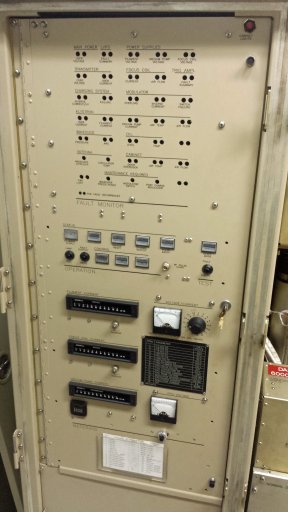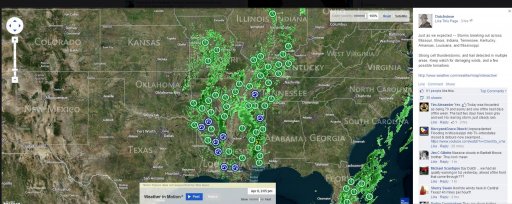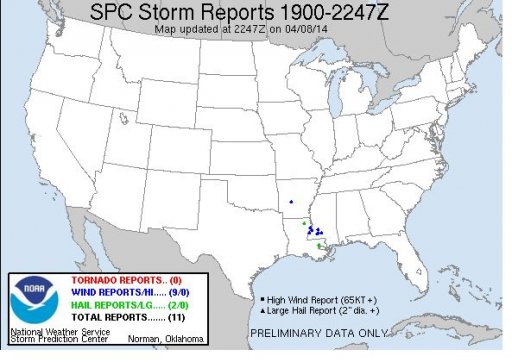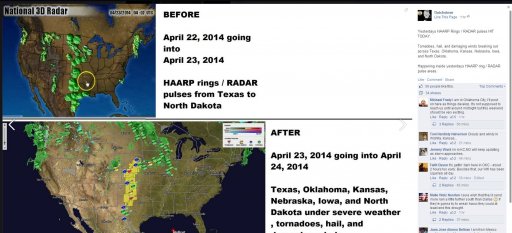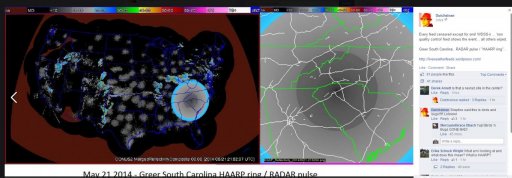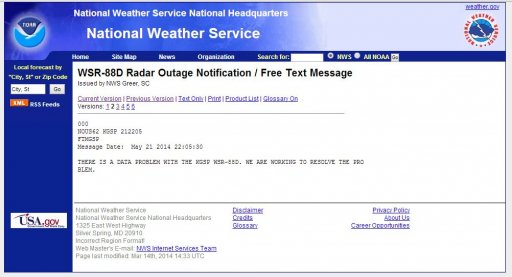Globally, billions of flying animals undergo seasonal migrations, many of which occur at night. The temporal and spatial scales at which migrations occur and our inability to directly observe these nocturnal movements makes monitoring and characterizing this critical period in migratory animals' life cycles difficult. Remote sensing, therefore, has played an important role in our understanding of large-scale nocturnal bird migrations. Weather surveillance radar networks in Europe and North America have great potential for long-term low-cost monitoring of bird migration at scales that have previously been impossible to achieve. Such long-term monitoring, however, poses a number of challenges for the ornithological and ecological communities: how does one take advantage of this vast data resource, integrate information across multiple sensors and large spatial and temporal scales, and visually represent the data for interpretation and dissemination, considering the dynamic nature of migration? We assembled an interdisciplinary team of ecologists, meteorologists, computer scientists, and graphic designers to develop two different flow visualizations, which are interactive and open source, in order to create novel representations of broad-front nocturnal bird migration to address a primary impediment to long-term, large-scale nocturnal migration monitoring. We have applied these visualization techniques to mass bird migration events recorded by two different weather surveillance radar networks covering regions in Europe and North America. These applications show the flexibility and portability of such an approach. The visualizations provide an intuitive representation of the scale and dynamics of these complex systems, are easily accessible for a broad interest group, and are biologically insightful. Additionally, they facilitate fundamental ecological research, conservation, mitigation of human–wildlife conflicts, improvement of meteorological products, and public outreach, education, and engagement.

